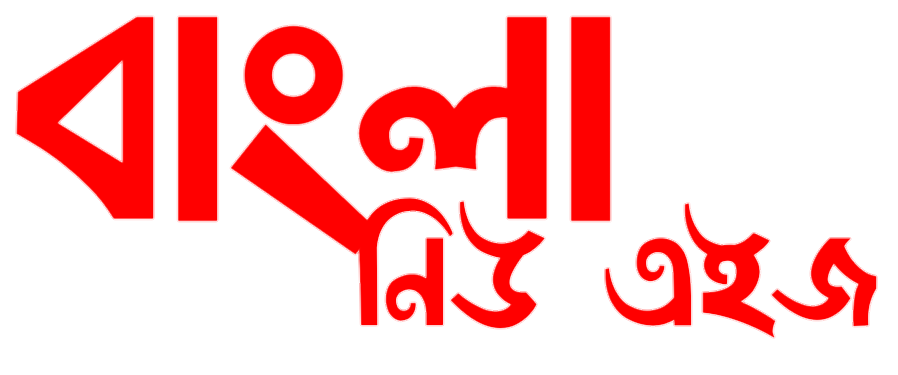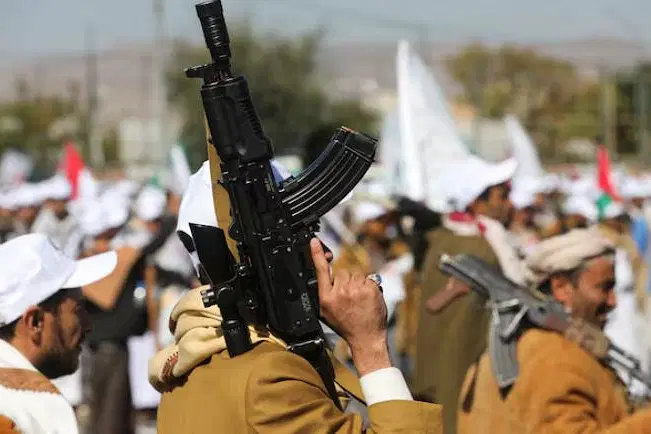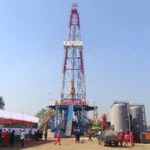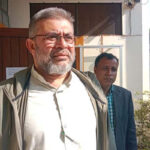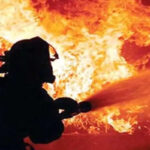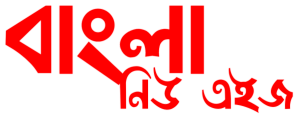Israel is fighting various Iranian-backed armed groups in the Middle East. In the meantime, the country has been directly involved in a war with Lebanon's Hezbollah and Gaza's Hamas. This has weakened both groups. Several of their leaders have lost their lives. In such a situation, Israel has warned that if its territory is attacked, the Houthi rebels in Yemen will face the same fate as Hamas and Hezbollah. However, despite Israel's warning, the Houthis have continued to attack the country.
Israel's UN ambassador, Danny Danon, warned the Houthis on Monday to stop firing missiles at Israel. If they continue, they will face the same "deplorable consequences" as Hezbollah, Hamas and former Syrian President Bashar al-Assad. He also warned Tehran that Israel has the ability to strike anywhere in the Middle East, including Iran. They will not tolerate attacks by Iranian-backed groups.
Hours after Danny Danon's warning on Monday, the Israeli military announced it had intercepted a missile fired from Yemen. Sirens were heard in various parts of Israel after the missile was fired. Later on Tuesday, Houthi military spokesman Yahya Sari said they had fired a hypersonic and a "Zulfiqar" ballistic missile targeting Ben Gurion Airport near Tel Aviv and a power plant south of Jerusalem.
In this regard, the head of the Supreme Revolutionary Committee of the Houthis, Mohammed Ali al-Houthi, said on the social media X, "They will not stop attacking Israel. The attacks on the country will continue. At the same time, they will continue to support Gaza."
'Regional stability under threat'
On October 7, 2023, the Palestinian independence movement Hamas attacked Israel. Since that day, Israel has been attacking Gaza. The Houthis and Hezbollah have been supporting the Palestinians in this ongoing conflict in the valley. They have been attacking Israel frequently. Israel has also been responding in kind. In the meantime, Israeli forces have launched a massive attack on Lebanon since September. In this, several leaders of the group, including Hezbollah chief Hassan Nasrallah, were killed.
Since the start of the conflict in the Middle East, Hamas and Hezbollah have been weakened by Israeli attacks. In addition, Syrian President Bashar al-Assad fell in the face of a rebel offensive on December 8. Russia and Iran had kept him in power. Benjamin Netanyahu has also claimed credit for Bashar's fall.
Israel has not yet launched a large-scale attack on the Houthis. Last week, Prime Minister Benjamin Netanyahu threatened that Israel had "begun strikes" on Houthi-linked targets in Yemen. At that time, they attacked the airport in the Yemeni capital Sanaa, several ports on the country's west coast and two power plants.
World Health Organization chief Tedros Adhanom Ghebreyesus was present at the Sanaa airport when Israel attacked it on December 26. He later posted on Facebook that the bombing began as the plane was boarding at the airport, injuring one of the crew members.
Meanwhile, on Monday, UN Assistant Secretary-General for the Middle East Affairs Khaled Al-Khayari spoke about the Israeli-Houthi retaliatory attacks in the Security Council. He said that if the military conflict in the Middle East region escalates, regional stability will be threatened. The consequences will be felt by millions of people in Yemen, Israel, and the region, and there will be no end to it. Russian Ambassador to the UN Vassily Nebenzia also criticized both sides - Israel and the Houthis - for the retaliatory attacks.
